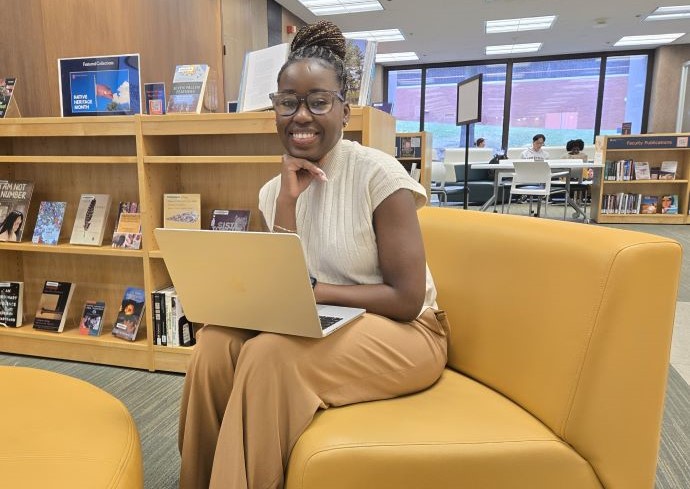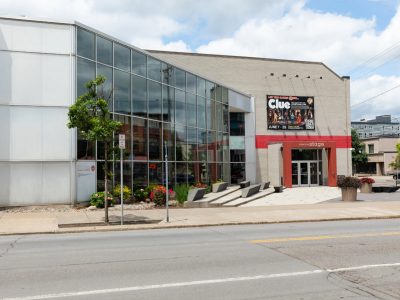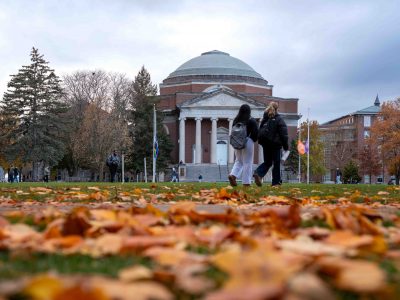Lender Center Postdoctoral Researcher Studies Entrepreneur Attributes, Racial Wealth Gap Concerns
Determining what drives entrepreneurs from underrepresented groups is the focus of Yolanda Christophe’s research.
Christophe is one of three Lender Center for Social Justice postdoctoral fellows who are involved in the center’s examination of the racial wealth gap in America. That initiative explores the gap’s causes and consequences and aims to create effective solutions to counter it through social collaborations that help dismantle the root causes of racial wealth disparities.
Before coming to Syracuse University, Christophe was a research fellow focused on this area at the Inclusive Innovation Initiative at Johns Hopkins University in Baltimore. Before that, she earned bachelor’s and master’s degrees in finance and business administration from Florida Memorial University and a Ph.D. in management from Morgan State University.
We sat down with Christophe to hear about her interest in understanding the critical stages of entrepreneurial journeys, the psychological factors and resource needs that drive entrepreneurial success and the dynamics between individual entrepreneurs and social institutions.



